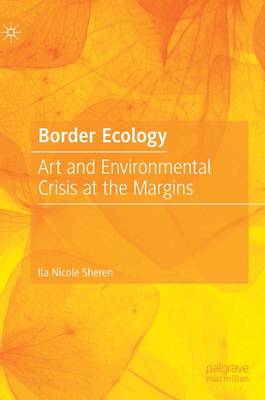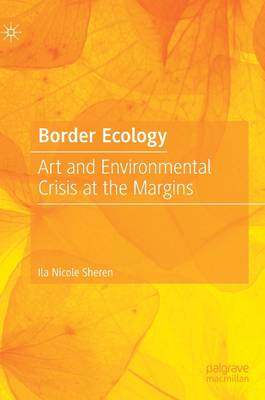
- Afhalen na 1 uur in een winkel met voorraad
- Gratis thuislevering in België vanaf € 30
- Ruim aanbod met 7 miljoen producten
- Afhalen na 1 uur in een winkel met voorraad
- Gratis thuislevering in België vanaf € 30
- Ruim aanbod met 7 miljoen producten
Omschrijving
This book analyzes how contemporary visual art can visualize environmental crisis. It draws on Karen Barad's method of "agential realism," which understands disparate factors as working together and "entangled." Through an analysis of digital eco art, the book shows how the entwining of new materialist and decolonized approaches accounts for the nonhuman factors shaping ecological crises while understanding that a purely object-driven approach misses the histories of human inequality and subjugation encoded in the environment. The resulting synthesis is what the author terms a border ecology, an approach to eco art from its margins, gaps, and liminal zones, deliberately evoking the idea of an ecotone. This book is suitable for scholarly audiences within art history, criticism and practice, but also across disciplines such as the environmental humanities, media studies, border studies and literary eco-criticism.
Specificaties
Betrokkenen
- Auteur(s):
- Uitgeverij:
Inhoud
- Aantal bladzijden:
- 227
- Taal:
- Engels
Eigenschappen
- Productcode (EAN):
- 9783031259524
- Verschijningsdatum:
- 11/03/2023
- Uitvoering:
- Hardcover
- Formaat:
- Genaaid
- Afmetingen:
- 148 mm x 210 mm
- Gewicht:
- 430 g

Alleen bij Standaard Boekhandel
Beoordelingen
We publiceren alleen reviews die voldoen aan de voorwaarden voor reviews. Bekijk onze voorwaarden voor reviews.











